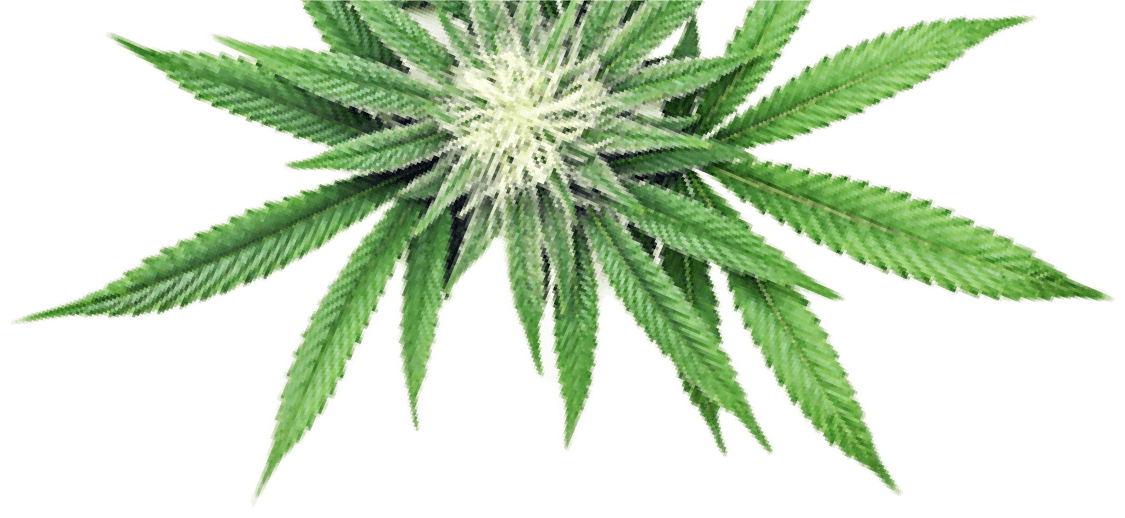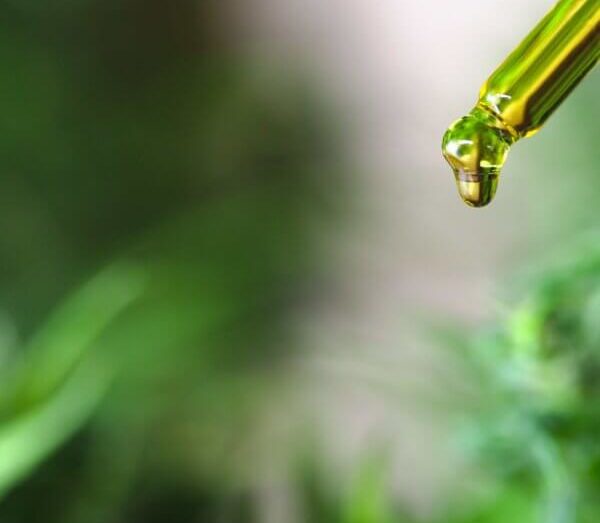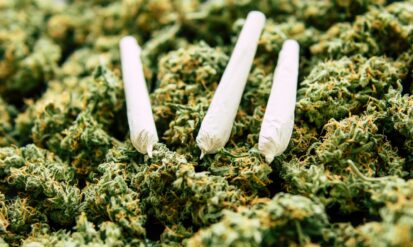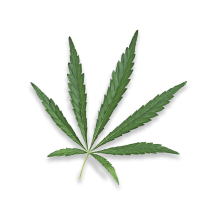Oil, oil, oil! Everywhere you look these days, there is cannabis oil, CBD oil, THC oil, and many other varieties on store shelves. Colorado marijuana dispensaries are up to their ears in all different kinds of oils. People buy various oils for different reasons, but what is the difference between hemp oil and cannabis oil? Which products are right for you?
Hemp Oil Vs. Marijuana Oil
To begin with, it’s essential to understand the difference between hemp oil and marijuana oil. Both are technically kinds of cannabis oil, but the distinction between hemp and marijuana is significant here in the United States. Hemp is what we call cannabis that has no more than 0.3% THC, and it’s legal on a federal level for enjoyment in every state.
Marijuana, on the other hand, is how we refer to cannabis that has more than 0.3% THC, often much more. It’s still illegal on a federal level, though some individual states have already legalized it. For example, it’s legal for medical patients and adults of more than 21 years to purchase marijuana here in Colorado, but the same can’t be said for many other states.
Hemp CBD Oil Vs. Hemp Seed Oil
One key aspect of help seed oil that has attracted attention; hemp seed oil has a rich profile of fatty acids, nutrients, and valuable bioactive vitamins and minerals. The oil is well-known for being nutrient-rich and for its general health benefits and is composed of healthy fatty acids, protein, and carbohydrates. People use hemp seed oil to cook as well as a supplement for nutrition in food. This is due to the 3:1 ratio of linoleic (LA) and a-linolenic acid (LNA), two essential polyunsaturated fatty acids that particularly benefit the heart.
Another important distinction to make is between oil made from hemp flower and hemp seed oil. Hemp seed oil is produced by pressing hemp seeds, and it doesn’t use any actual cannabis flower. While hemp seed oil is high in fatty acids and some other nutrients, it doesn’t contain any cannabinoids. That means it won’t deliver either CBD or THC, and it definitely won’t get you high. By contrast, other types of cannabis or marijuana oil can contain cannabinoids and be further broken down into THC oil and CBD oil.
What are Cannabinoids?
Before you can fully appreciate the differences between the various types of cannabis oil, it’s essential to know about cannabinoids. The two most popular cannabinoids are CBD and THC, and most cannabis oils are designed to deliver at least one of the two of these. Cannabinoids are organic compounds that occur naturally in the cannabis plant. When people talk about the effects of cannabis, they’re talking about how cannabinoids interact with the human body.
The reason cannabinoids are relevant to humans is that we already have endocannabinoid systems within our bodies. The cannabinoids can behave similarly to the endocannabinoids our body produces naturally and bind to our endocannabinoid system. CBD and THC interact with the system in different ways, which is why they’re associated with such different experiences.
As we continue to study cannabis and the ways it interacts with the human body, we’re learning more about other cannabinoids. So far, we already know a lot about THC and CBD. Now that more places are starting to legalize cannabis, it should get easier to study this place and come up with well-researched answers about the effects of THC, CBD, and other cannabinoids. As it relates to buying cannabis oils, it’s important to know the differences between CBD and THC because these are still the most popular cannabinoids by far.
THC
THC is short for delta-9-tetrahydrocannabinol, which is why we like to shorten it to three simple letters. Found in marijuana, this cannabinoid is responsible for the feeling of being “high.” Its psychoactive properties are intoxicating, which is why so many people like to enjoy marijuana recreationally. Even though recreational marijuana is becoming increasingly popular here in Colorado, we still have plenty of medical marijuana patients looking for marijuana oil with high THC levels.
CBD
Cannabidiol, known as CBD for short, is not known for producing psychoactive or intoxicating effects. That’s a big part of why it’s already been legalized on a federal level in the United States. Most of our customers who buy CBD oil have no intention of using it for recreational purposes. Instead, most people buy CBD oil because they’re looking to inspire a general sense of wellness with a natural product.
Mixing CBD and THC
Part of the reason so many people like cannabis oils with both of the two main cannabinoids is that they seem to belong together. Some of our customers say that they’re less likely to feel overwhelmed by THC when they also have some CBD in the mix. Others have said that their experiences are even more intense when combining CBD and THC, though. Ultimately, the choice between marijuana oil and hemp oil is a personal choice. Feel free to ask one of our budtenders about all of our oils to see which one is most appealing.
THC and CBD Oils
Now that you understand CBD and THC’s key differences, it should be pretty clear why there’s such a big difference between THC oil and CBD oil. People typically feel high after consuming THC oil, while there are no such intoxicating effects from CBD oil. People buy CBD oil for various reasons, too, especially when they want to enjoy cannabis products without the intoxicating effects.
CBD oil is a common choice for people who are drug tested for work, or who have to drive or do other activities for which they cannot be intoxicated. Since there’s such a big difference between these types of cannabis oils, your Colorado dispensary should clearly label their different products containing CBD, THC, or both. It’s possible to find pure CBD oil or pure THC oil, but many types of cannabis oil include some ratio of both of these two cannabinoids.
Since hemp is legal on a federal level in the United States, and marijuana is not, CBD oil must be produced with hemp to be federally legal. Even marijuana-derived CBD oil that has been processed to isolate the CBD and remove THC wouldn’t be considered legal by the federal government. When you buy cannabis oil at a dispensary, it may be derived from either hemp or marijuana. In some cases, it may even be from some combination of both categories of the cannabis plant.
As a general rule, you can expect marijuana oil to contain THC, though that isn’t always the case. Hemp-derived cannabis oil, on the other hand, won’t contain high levels of THC since hemp itself cannot have THC levels of more than 0.3%.
Buy Cannabis Oil in Colorado
Here at Options Medical Center, we pride ourselves on working with the best vendors in Colorado to get premium cannabis oils on our dispensary menu. Visit us in Wheat Ridge or Boulder, and you’ll find a wide selection of THC oil, CBD oil, and cannabis oils that contain a combination of both cannabinoids.
To learn more about different types of oil available in Colorado, visit Options Medical Center in Wheat Ridge or Boulder today and speak to one of our specialists. We can help you select an oil that is best suited to your needs. Alternatively, place an order online today.
Image: Shuttershock / Tinnakorn jorruang





